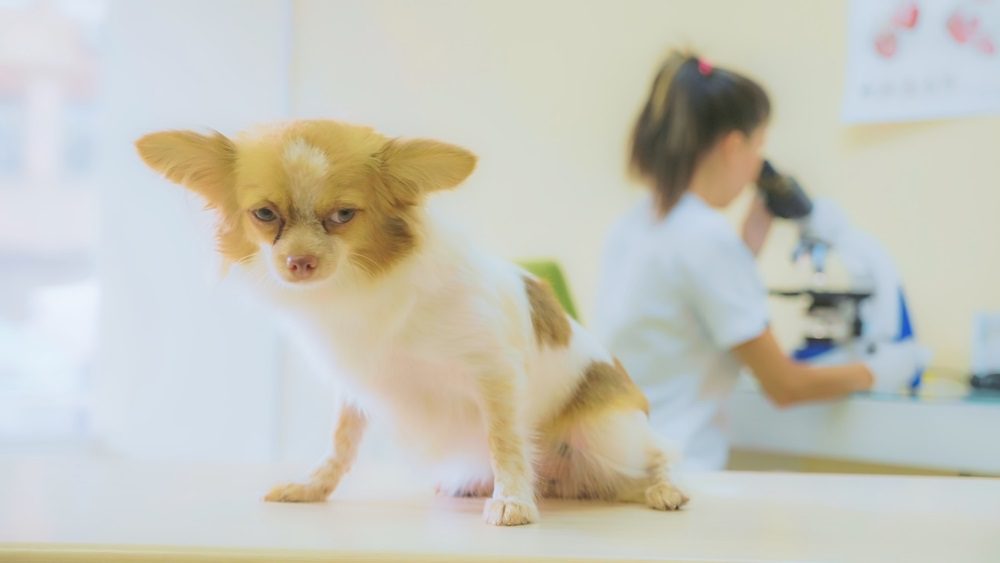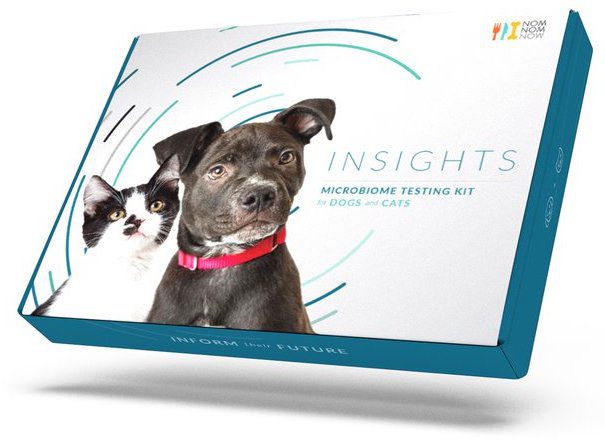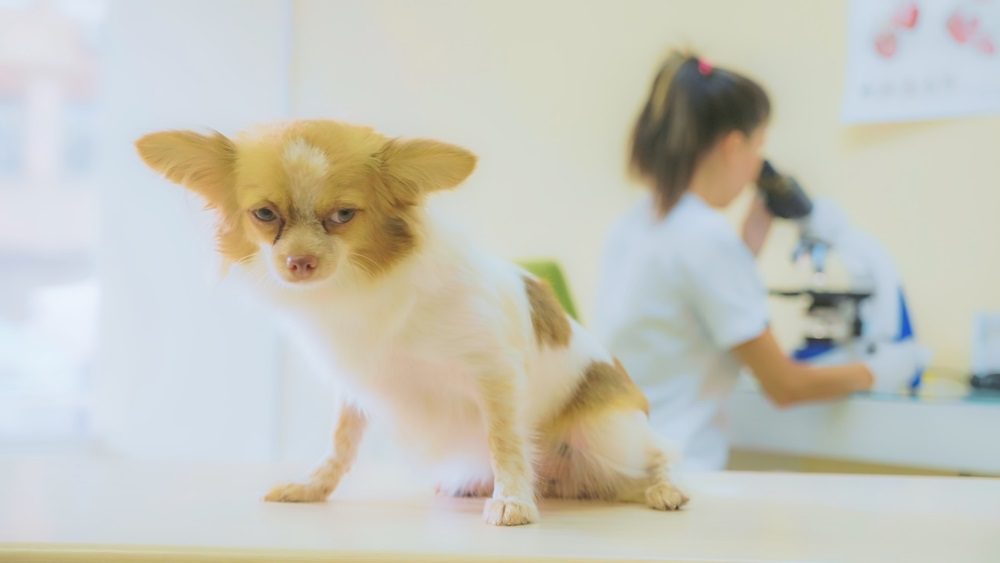When I hear the word gut, for some reason I cringe. It almost sounds like a curse word to me (it must have been something in my childhood?). But the fact is “gut health” in both humans and dogs is extremely important.
The gut or gastrointestinal tract involves much more than the stomach. The gastrointestinal tract involves the consumption of food, the mouth, esophagus, stomach, and intestines are all part of “gut health”.
The gastrointestinal tract is teeming with trillions of bacteria. These bacteria are all part of the gut microbiome and can have a profound impact on your dog’s health.
What Is Microbiome?
All animals, including humans, have a unique collection of microbes in their digestive tracts. These include bacteria, fungi, viruses, and other tiny things.
Bacteria in the gut are crucial for the digestion and absorption of nutrients from the food your dog eats.

When these are out of balance, your dog could develop digestive disorders such as inflammatory bowel disease. But an imbalance also greatly impacts your dog’s overall health. An imbalance in the microbiome can cause your dog to develop allergies, diabetes, and even depression and anxiety.
These bacteria are also responsible for the production of vitamins (like vitamin B and K) and other essential nutrients.
What Do The Microbiome Do?
The different types of bacteria in the gut have different skills and jobs. Some bacteria are associated with fat while others involve protein digestion from meat; other bacteria are linked to carbohydrate digestion.
There are countless others that scientists are just beginning to uncover and understand their roles in the body.
The Importance of Balance
When all these bacteria are balanced their combined skills allow dogs to digest a broad range of foods in the large intestine that keeps your dog healthy.
Your dog’s immune system is responsible for protecting your dog from infections and disease.
The amount and the balance or imbalance of these bacteria affect the immune system and if they are out of balance your dog is at risk of developing a disease.

When the immune system is under-reactive there is a greater chance of him developing a disease. But when the immune system is over-reactive it triggers inflammation at inappropriate times. Long-term inflammation can lead to chronic disorders such as inflammatory bowel disease, asthma, or even cancer.
Gut bacteria have even been linked to mental health. More than half of the serotonin in animals’ bodies is a result of their microbiomes. Some have an anti-anxiety effect that is similar to prescription drugs.
Your Dog’s Microbiome Is Unique
Many of the bacteria in your dog’s microbiome are inherited from his mother. Other bacteria came from the environment. These will influence your dog for the rest of its life.
The foundational types of bacteria are established early in life, but the overall types changes with age, diet,
For instance, antibiotics could shift the balance rapidly, if not put back into balance it will stay out of balance long enough to disrupt your dog’s immune system negatively.
Today’s Technologic Advancements
Studies being done that explore the function of the microbiome in pets can help us to understand the similarities to humans, as well as the important differences.
Identifying these differences helps us to provide our precious dogs with the best care for their microbial requirements.
If we know which types of bacteria make up the microbiomes of a healthy dog it can help us to determine which are out of balance, as well as which can be associated with the risk of disease for that individual.
How To Test The Health Of Your Dog’s Gut
The microbiome of the gut has been demonstrated to impact a wide variety of different health-related systems including food digestion, immune system function, weight management, and even mood and behavior.
Now there is an at-home kit that tells you the composition of your dog’s gut bacteria through bacterial DNA sequencing. All you have to do is complete a brief survey to provide information about your dog that will aid in understanding and interpreting the test results.
Obtaining a Sample to Test
Obtaining a sample to test which microbes live in your dog’s gut can be done in a non-invasive way. Your dog’s stool can be evaluated and tested.
By using the tools that are included in the kit you can collect a fresh stool sample while preserving as much bacterial DNA as possible and mail it to the lab.
Only the types of bacteria that are found in the stool will be analyzed. This means that the types of bacteria existing in other parts of the digestive system, such as the stomach may not be reported because they cannot survive outside of that environment.
The resulting report will be returned to you and includes the measures of the microbiome’s diversity, its composition, as well as a comparison with other healthy dogs.

The test will evaluate the diversity and the composition of your dog’s microbiome and will provide a snapshot of the abundance and the composition. The composition report breaks down the bacteria found and will help you understand their functions and prevalence.
Comparisons will be reported that will help you compare them with others to help you understand how your pet’s health relates to others.
Change Your Dog’s Diet and Change His Life!
NomNomNow is changing the pet food industry. They have a veterinarian nutritionist and a Doctor with extensive experience in the field of microbiology in dogs and cats on staff. GET THE TESTING KIT

Change your dog’s diet and change his life! Feed your dog the best, because he depends on you! DOG FOOD CRAFTED BY A VETERINARY NUTRITIONIST (act now and get 50% off!)
See our Affiliate and Sponsor disclosure: HERE
